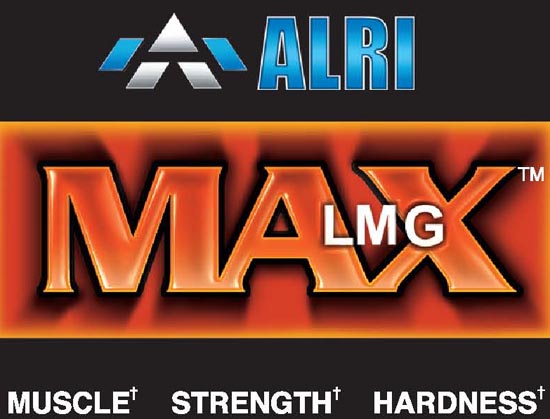
Former NFL running back Femi Ayanbadejo has filed a lawsuit against Author L. Rea of ALR Industries. He claims an undisclosed ingredient in ALRI Max LMG caused him to fail an NFL doping test leading to his release by the Arizona Cardinals and Chicago Bears. Ayanbadejo tested positive for a “form of nandrolone.” Ayanbadejo’s attorney is blaming the positive steroid test on the manufacturer for possibly intentionally “spiking” the supplement with banned substances or contamination from the manufacturing facility (“Ex-Aztec sues supplement maker, shop over failed NFL steroid test,” March 11).
We’re still not sure whether we have a pure cross-contamination matter (from the mixing facility), or we have a company that actually spiked the supplement (intentionally), said Ayanbadejo’s attorney, Jim Miller.
However, he ignores a third possibility that doesn’t work in his client’s favor – that the ingredient that caused the positive drug test was plainly listed on the label and his client was unaware that the metabolites would result in a positive steroid test. Then this is no longer a case of “undisclosed ingredients” or “contaminated supplements.”
The marketing materials for ALRI Max LMG clearly list the ingredients and similarity to other progestin-based steroids like trenbolone and nandrolone.
The active compound in Max LMG is 13-ethyl-3-methoxy-gona-2,5(10)-diene-17-one… It is legal because it is a progestin, and before anyone thinks “birth-control”, remember that trenbolone, nandrolone, methyltrienolone and Methyl-Dien all are also progestins. I doubt anyone will disagree with the effects of these compounds upon favorable body composition.
In addition, the label warned consumers about androgenic side effects.
Possible side effects include acne, hair loss, hair growth on the face (in women), aggressiveness, irritability, and increased levels of estrogen.
Are supplement companies responsible for ensuring that their supplements are “IOC-friendly”? Or are supplement companies only responsible for complying with legal requirements of DSHEA (which permit certain progestin-based steroidal compounds)?

About the author
Millard writes about anabolic steroids and performance enhancing drugs and their use and impact in sport and society. He discusses the medical and non-medical uses of anabolic-androgenic steroids while advocating a harm reduction approach to steroid education.

Leave a Reply
You must be logged in to post a comment.